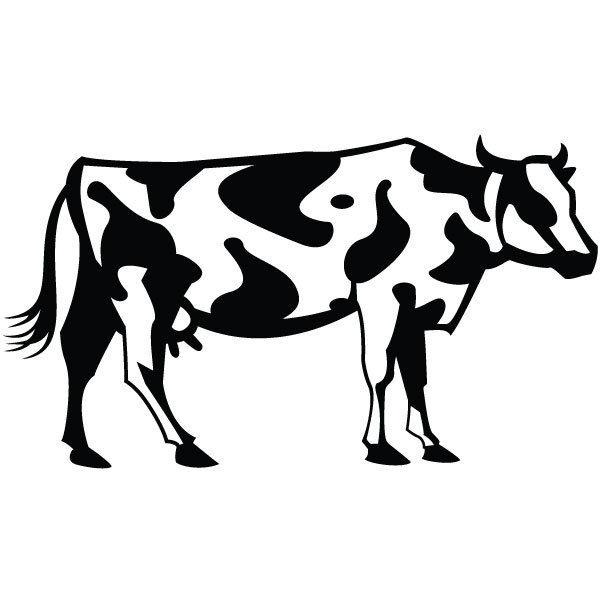Cattle farming can be a rewarding venture, from providing nutritious dairy products to yielding quality beef. However, raising cows requires an understanding of their needs and behaviors, commitment to their care, and proper resource management. This article will guide you through the essentials of cattle farming, from choosing the breed to housing, feeding, health management, and the ethical considerations involved.
Choosing the Right Breed
The type of cattle you choose to raise will largely depend on your farming goals. If you’re interested in dairy farming, Holstein Friesians are renowned for their high milk production. For beef production, breeds like Angus, Hereford, or Charolais are favored for their growth rate and meat quality. Dual-purpose breeds, like Brown Swiss and Simmental, are suitable for both milk and meat production.
Housing and Fencing
Cattle need a dry, clean, and comfortable place to rest. A barn or a well-designed run-in shed can provide sufficient shelter from harsh weather conditions. Adequate space is necessary to prevent overcrowding and the spread of disease; each cow generally requires about 15-20 square feet of barn space.
Fencing is crucial to keep the cattle confined and safe. Barbed wire, electric fencing, or wooden fences are commonly used, but the choice will depend on factors like your budget, landscape, and the temperament of your cattle.
Feeding Cattle
Cattle are ruminants and their diet primarily consists of forage such as grasses and hay. They may graze in pastures during warmer months, but in winter or dry periods, supplemental hay may be necessary. Some farmers also provide grains or commercial cattle feed to supplement the cows’ diet, especially if they are being raised for beef or high-production dairy farming.
Clean, fresh water is essential and cows can drink up to 30 gallons a day depending on their size, diet, and the weather.
Health Management
Regular health checks are vital in raising cows. They should be monitored for signs of illness like changes in behavior, appetite, or output. Preventative measures, such as deworming and vaccinations, should be administered as advised by a veterinarian.
It’s also important to regularly check and maintain the condition of their hooves. Overgrown or diseased hooves can lead to significant health issues and discomfort for the cow.
Breeding and Calving
If you plan on breeding your cattle, it’s essential to understand the cow’s reproductive cycle and the basics of breeding. The gestation period for cows is around nine months, and a safe, clean, and quiet environment should be provided for calving.
Ethical Considerations
Raising cows also carries an ethical responsibility. These animals should be provided with a life that enables them to express natural behaviors. This includes access to pasture, social interaction, and humane treatment during all farming practices. Ethical farming is not only beneficial for the cows, but it also leads to better-quality milk and meat, and is more sustainable in the long run.
Conclusion
Raising cows can be a complex task, requiring a significant commitment and a broad skillset, from animal health knowledge to pasture management. However, with proper planning, care, and resources, it can be a rewarding and sustainable venture. As a cattle farmer, your actions will have a direct impact on the welfare of your animals, the quality of your product, and the health of the environment.
